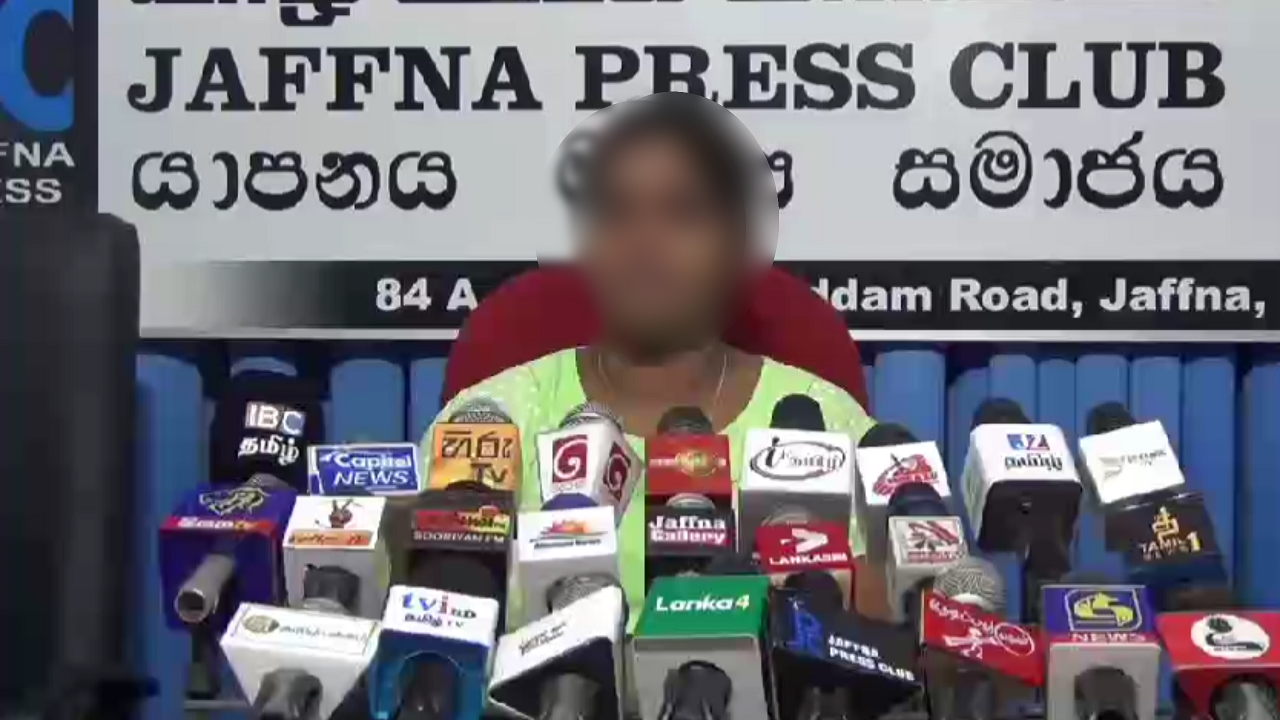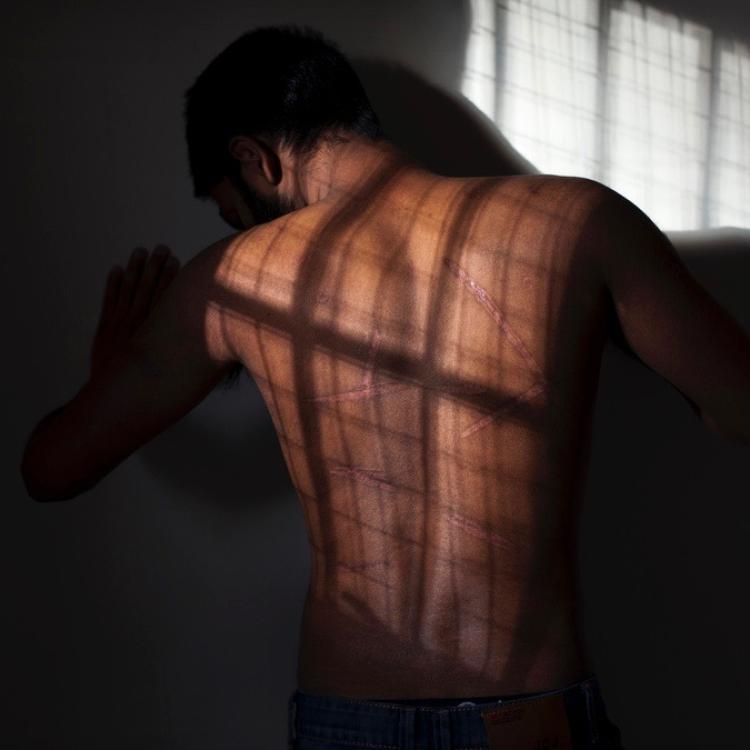
Sri Lankan police officers of Chunnakam Police Division assaulted and tortured a Tamil man last week, in yet another cause of ongoing police brutality in the North-East.
Sri Lankan policemen broke into the man’s home in Chunnakam, Jaffna, on 28 August to arrest him without apparent cause before assaulting him with various weapons.
When the victim’s family challenged the officers, the entire family was held at gunpoint and threatened by the police officers. The full-term pregnant wife, Gopiga Navakumar, informed the media that the officers believed her niece, who had been holding a phone nearby, was recording the event and had tried to break the phone. Their defiance further angered the officers to then repeatedly assault her husband. They then blindfolded and dragged him to a three-wheeler parked outside.
When the family went to visit the police station later that night to enquire what had happened, they were informed the husband was arrested “on suspicion” and were sent away. The next morning, they went to the Jaffna District Police Commissioner to present their complaint of unjust incarceration. They were met with another threat to arrest her husband on terrorism charges. They led him to an interrogation room to beat him with a metal pipe and wires, with police officers forcing him to kneel despite vomiting from the pain.
He was assaulted by the Chunnakam Police Chief, Tamil speaking sub-inspector and others. Upon release, the family admitted the victim to Thellippalai hospital.
The local office of Sri Lanka Human Rights Commission has acknowledged the incident and visited the victim in Thellippalai hospital on Monday to obtain his testimony. The Human Rights Commission have reported that further investigations have been initiated.
The latest incident comes just weeks after the Office of the United Nations High Commissioner for Human Rights (OHCHR) has released a damning report detailing the sexual abuse and intimidation of Tamil activists by Sri Lanka’s security forces; continued crackdowns on memorial activities across the North-East; and failure to advance accountability for human rights abuses committed.

